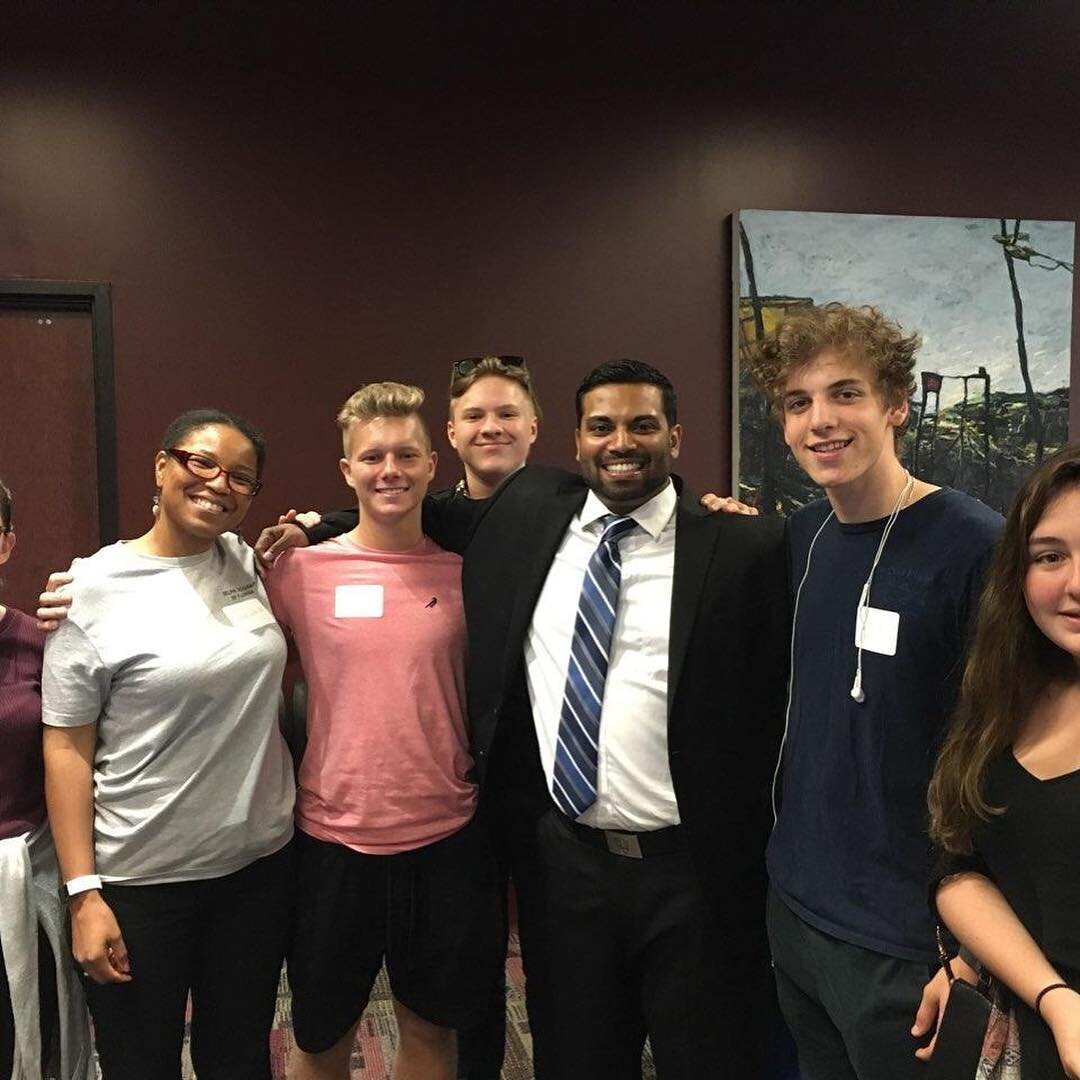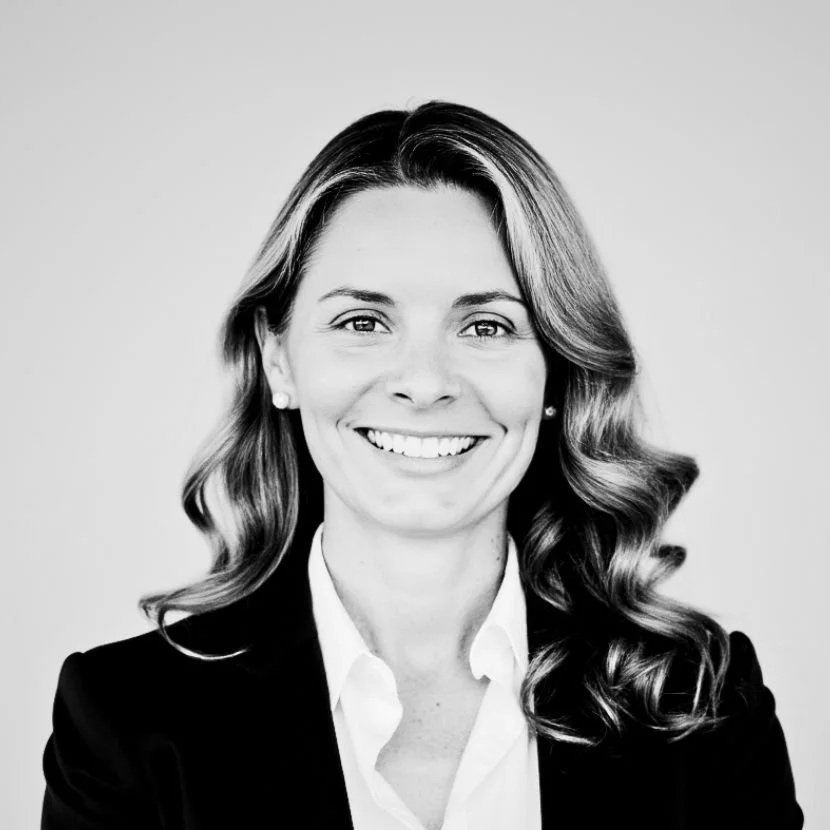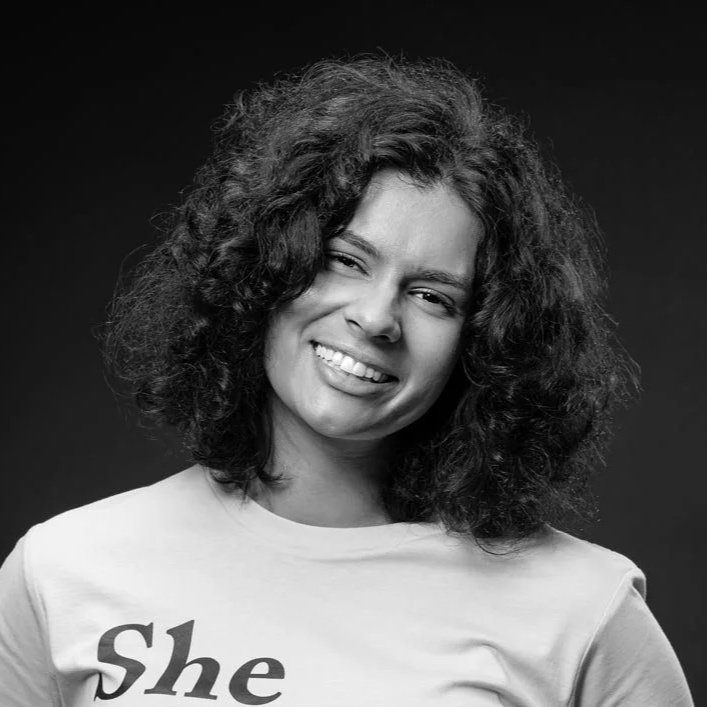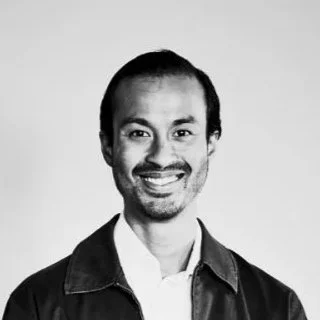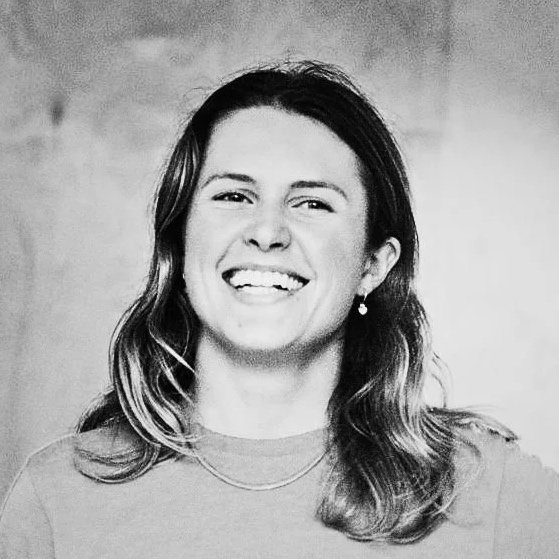David Ponraj On Fostering Resourceful And Healthy Enterprise Ecosystems
David Ponraj is the CEO of Startup Space, a social networking and resource platform for entrepreneurship ecosystem building. David is a serial entrepreneur and also has extensive experience leading tech platforms in corporate America where he served as an evangelist for intrapreneurship and innovation.
David launched Startup Space in June 2018 with the vision to help connect entrepreneurship ecosystem builders and their resources to small businesses in their communities and measure the impact of programmatic support to unlock investments back into the community.
Today, cities using Startup Space for connecting entrepreneurs to resources include Detroit, Denver/Boulder and Minneapolis. They also work with State Governments like Maine and universities like University of Nevada to support entrepreneurship and economic development across statewide initiatives.
David Discusses how the Startup Space App Connects social entrepreneurs to vital resources and removes barriers for accessing capital infrastructure and support networks.
Highlights from the interview (listen to the podcast for full details)
[Anika Horn] - David Ponraj of Startup Space, I'm so excited to talk to you today. Thank you so much for taking the time.
[David Ponraj] - Absolutely, I'm happy to be here and I'm looking forward to our conversation.
David, I'm so impressed with you because I met you about two years ago at the Startup Champions Network. We had a chance to hang out in Chattanooga, at the coast of the summit, and you have come out of the woodworks with a brilliant podcast called Breaking Down Barriers, which I've just devoured over the last few weeks! Tell us a little bit more about what Startup Space is all about, who you are serving and what you're trying to do?
Firstly, thank you for the validation. We wanted to tell the stories of the communities we're in and we were hearing all of these amazing outcomes and we thought, "how come we're not sharing this with the world?" We said, "we can't be very professional about it, we don't have the bandwidth to do that, but we just want to tell these stories." We just started recording it, so thank you for that validation. Startup Space is a platform that came about from a need that I had that I'll share in a little bit, but what Startup Space does is it helps small businesses find local resources.
The ‘secret sauce’ in this is the fact that we don't have to create these resources because there's already a lot of infrastructure locally to support small businesses, however, connectivity is the problem.
You have local SBDC’s, incubators, mentorship networks et cetera, but small businesses because they're wearing blinders (and rightfully so, because they want to get work done) sometimes miss out on the opportunity to connect with people that can help them. How do you create this democratic way to access resources where everybody is on the same playing field? It's through an online platform that is agnostic to what's happening locally and acts like the plumbing lines between the resource providers and the people who use the resources. That's where Startup Space fits in, we go into communities and become the plumbing or utility lines that basically carry information between the providers and the consumers.
You talk on your website about being a virtual hub to connect underserved and underrepresented businesses with programs and services. Is this [do you think] a specific niche? Talk a little bit more about the clients on the business front who you're trying to serve.
That's coming from both the need that's out there in the community, but also our passion. Because again, the current idea is that the playing field is not level and that people who have traditionally had access to resources continue to have access to resources. In fact, we've found when we were looking at studies around PPP, Idol and all these other resources that have been made available during coronavirus, we found that those resources have not been distributed equally.
People who already had resources got more and people who didn't have the resources didn't get any, because the system is built to push down underrepresented entrepreneurs. We came up with this mission asking how do you elevate those people, and we spent more time focused on communities where there are these barriers?
It could be digital literacy or infrastructure restricting access to the digital tools. It could be the digital divide where you have consumers that might not want to use digital tools or the fact that there are these artificial barriers that you have to pre-qualify for. Our goal was where there are these digital divides, we come in using digital platforms, but with empathy, trusted advisors and local connections to help people get access. But then [we're] also elevating the conversation by helping our clients who are resource providers with data that they can go back to their funders or government with and say, "here are some real barriers." We need to support capital infrastructure, technical assistance programs, or we need to put together these programs that can actually elevate these underrepresented entrepreneurs.
That's our passion, because we could have focused on people and organisations where there are already wins, but we thought if we want to be meaningful and purposeful with what we're doing, we have to target where it's really hard and you're not going to see the work overnight.
Some of this work where you can see long-term transformation may take years or even decades, through putting the work in on the ground level and understanding barriers to small businesses. That's the mission that we're on and that's why we talk a lot about underrepresented entrepreneurs and breaking down barriers for them, because that's what we're passionate about.
You're using a digital solution to make access to resources more democratic, I love it. From the top of your mind, do you have a community that you worked with where you could show us a little bit of what that process looked like? Through this first engagement, what did the status quo look like and how were you working with the community to provide more access and build that infrastructure for entrepreneurs?
There are several communities I can bring up, but I'm going to bring up one that I'm actually interviewing next week on our podcast. Her name is Pam Lewis, she is the Executive Director for the New Economy Initiative in Detroit, and [she is also] apart of the Community Foundation for Southeast Michigan. We started working with them about a year and a half ago and it was pre-COVID, so we had these grand plans of how we were going to go help the Southeast Michigan ecosystem, then COVID hit. But then they came back to us later in reflection and said it was perfect timing, because we had already established the plumbing lines.
We were actually able to in a very quick amount of time (within a week in fact) mobilise the entire ecosystem within the city of Detroit. All of the major funders, technical assistance programs and big names came together on what we call a business support organisation call and put together a COVID-19 resource page that in a matter of eight weeks was accessed by almost 8,000 people.
It was a single clearing house for all things COVID-19 ecosystem and resources related. You could find direct access to loans, grant applications and direct qualifiers. You then didn't have to go through ten different websites, and that is the breaking down of barriers that we're talking about. It's where you're able to set up a digital infrastructure that is instantly accessible in a moment of crisis or when you're trying to reach underrepresented entrepreneurs. The response was fantastic, and we've been able to since then build on that and are now looking at in the long-term what can happen in the city of Detroit in terms of investments, capital infrastructure, et cetera.
That's amazing! I can't tell you how many conversations I've had over the last nine months with incubators and accelerators about how we have fellows in different countries, continents and cities. We're trying to get them what they need, but it's very much connecting one person to another instead of having that directory for entrepreneurs in Kenya or Australia. That is brilliant, and a great story. I want to take the conversation to a higher level and travel back into your past and history. In your opinion, what is wrong with the status quo that led you to do the work that you're doing now? What was wrong in the world that you wanted to fix?
There are two things that I will call out. One is around entrepreneurship, which is the primary reason for the [Startup Space] business idea. Then, there are my own personal experiences, which are the reasons for the business.
I used to work for Nielsen [the market research company], and I led innovation globally for them which meant working with incubators in Tel Aviv, the business community in Shanghai, or looking at innovation in Dubai. We were really looking to bring cutting edge robotics, computer vision and artificial intelligence tools to Nielsen.
I found that during my travel across the world and meeting with different communities, I felt like I was not moving the needle and I was not making an impact. I told myself that I could do better, that I could be somebody that could influence more and also start a company that could make a bigger impact, and that became my business motivation.
Now for the idea, I had been thinking about this for 14 months while I was at Nielsen asking, "if I left, what would I do?" I started my first business, so Startup Space was my second venture. My first venture crashed and burned, not from the lack of trying, but after four years and about half a million dollars’ worth of investments the business just did not take off. I consider myself the ultimate hustler in that we had a handbag business where I would wear the handbags myself and walk into every store and try to sell these women's handbags. I'm very passionate about my product! Also, we had a great social mission. We had about 30 women employed in this remote region in India, and these women would not have any other form of employment. They were steeped in poverty, so we brought them on, trained them, built this business and then came to the U.S and started selling products. But somehow, I just couldn't scale the business. No matter what I did, I would work a hundred hours a week, but whatever I did, I could not move the needle.
I told myself if somebody like me that's enterprising, has good connections, has the money to invest and is willing to put the work in still cannot be successful, there must be so many people that have fewer opportunities than me [who are struggling]. So, where are they in their journey?
I asked myself, “if I could influence the outcome, what is one area that I can pick to influence?” I found that the one thing that stood out to me when I shut down that business was that I immediately found five or six different resources in the community that I was not aware of. I asked myself, "if I had known these resources, was there a chance I could have actually succeeded." I felt the answer was yes, I felt that there were all of these entities and you might know a couple of them. For example, Tampa Bay Wave is a local organisation I hadn't heard about until I closed my business. I thought to myself how did I not hear about Tampa Bay Wave or the local SBDC? I didn't even know that there was an entity called SBDC to help small businesses. That became my motivation, and I said to myself therein lies a problem that I can fix. I didn't know about the opportunity size; I just knew there was a problem. What happened was when I went to fix the problem and I went to talk about it, people would say, "wait a second, I'm the SBDC and that is my problem. I am not able to share my resources with people!"
I then thought wait a second, if that's your problem, rather than me trying to solve it from the consumer side, I'm going to flip the model and solve it from the provider's side. That was the official product that Startup Space launched.
Let's fast forward into the future, maybe by twenty years. You are as successful as you can be, you overcame every hurdle and every obstacle moves out of your way. What does this ideal future look like that you're hoping to create?
I personally think [of the future] in three-month increments. Twenty years from now, I'm looking at a landscape where access to information is not the primary barrier to starting a business on the consumer side.
On the economic development side, entrepreneurship would be the most important tool in the toolkit of an economic developer, because they now have the data that shows them that entrepreneurship is the best means to economic vitality and breaking down cyclical poverty.
That would be the future that I would like, where on both ends of the spectrum, we have solved one problem that we're going to solve. We're not going to solve everything, there might be bigger problems like access to capital, et cetera. But if we can solve just one on either side of the spectrum, I think we'd have made a difference.
Absolutely, and I think with Startup Space you're positioned in a place where you can solve both problems for different stakeholders. It's just awesome, and it hopefully happens in five years’ time instead of twenty!
I'd prefer that just because I can't imagine what 20 years from now looks like!
For my last question David, what can we as a community of ecosystem builders do to support you? How can we help you move forward?
That's such a great question and thank you for asking that Anika. I feel like the number one thing that an ecosystem can do is to welcome different voices, but it is also the hardest thing to do. If I don't look like you and I don't say what you're doing, will you welcome me in? The ecosystem that does that will be the most thriving ecosystem there is, and I say that because I haven't always felt welcome in all of the circles that I am in.
I'm okay with that because there are lots of circles that I can be in, but for somebody else that might not have the same opportunities, I think we're doing our emerging innovators a huge disservice. We have to not just be okay with welcoming uncommon and different voices, we've got to seek those out.
We've got to seek out who is not saying what I am saying and ask them why, we just don't do that enough. As a fellow ecosystem builder, I have made it my vision and mission to speak that truth, that we need to seek out people that don't say what we're saying, because there might be something there that we could learn from. If everybody is saying all the same things, that's great and we're all friends, but if we want to change the world we have to go and find those people that are not seeing the same things.
That's where innovation is, innovation is in those uncommon voices. That would be for me the biggest benefit, not elevating just myself, but elevating this idea that innovation can happen anywhere around ecosystem building.
How do we all welcome that? I don't think it's easy, naturally as human beings we are all very protective and defensive. We have a scarcity mindset, that the world is a fixed pool of resources and that if I have something somebody else then can’t have it. But it's so much more beneficial when we think that if we came together, we would get twice or three times the number of resources.
You are singing my song. I am so happy to hear you out there spreading that message and bringing people up to speed with the latest thinking. David, where can people find out more about you and your work?
Startupspace.app is the website where you can join our community across the U.S, and then startupspace.us is where you're going to learn more about our work and connect with us.
Great David, thank you so much for your time.
Initiatives, resources and people mentioned on the podcast
Find David Ponraj’s feature on Social Venturers.


